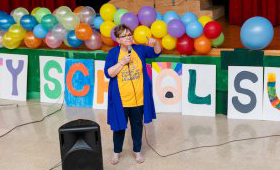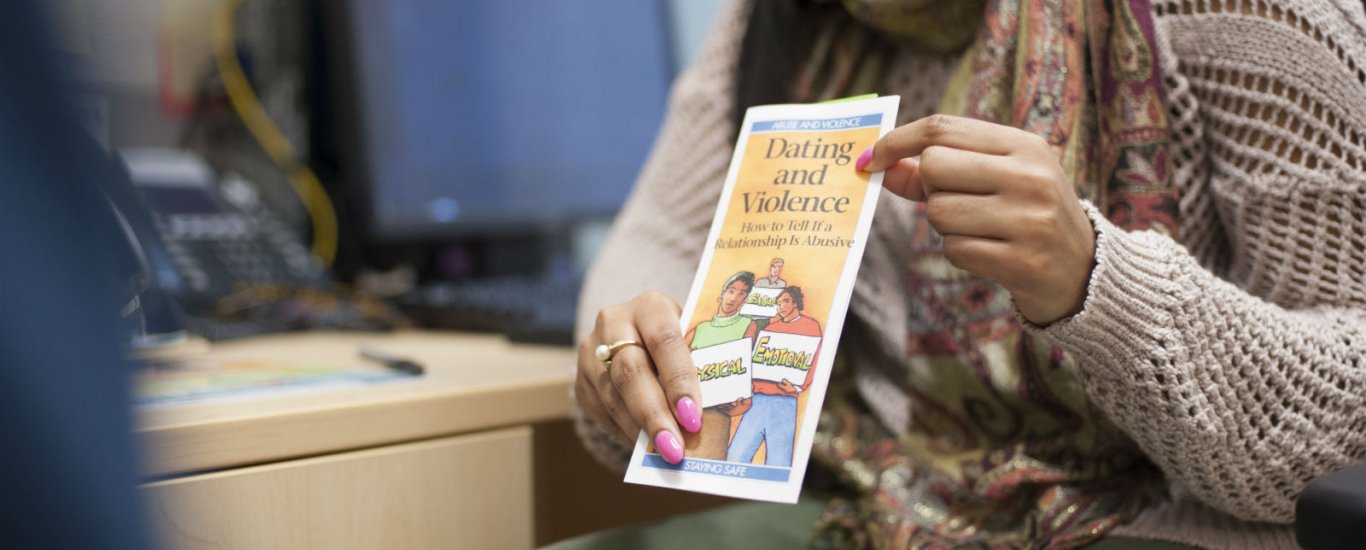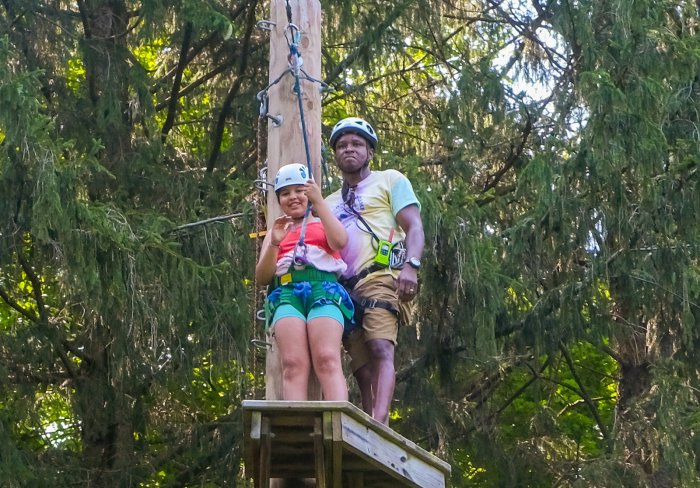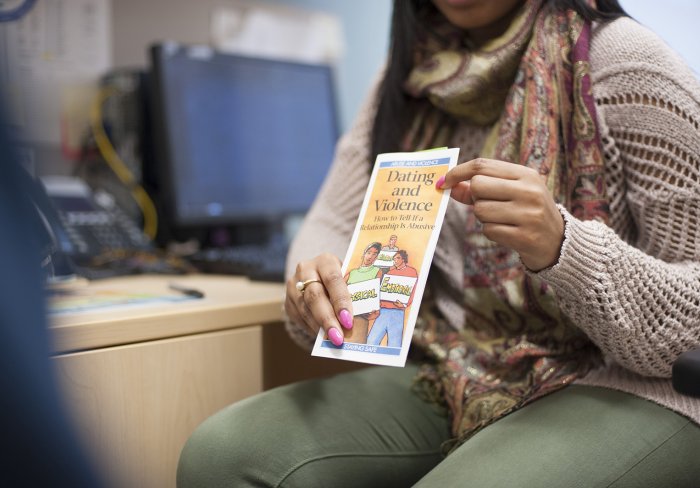This is the first in a series of blogs on domestic violence and healthy relationships which we posted last year in honor of October’s Domestic Violence Awareness Month. We are reposting these blogs because the information is still so important. Check back every Monday in October for upcoming blogs on The Effects of Domestic Violence on Children, Why People Abuse and Why Victims Stay.
The Children’s Aid Society recognizes domestic violence, also known as relationship abuse or intimate partner abuse, as one of the most pressing issues facing children, families and communities today. Most people know someone who has been abused or abusive, even if they are not aware of it. It can devastate families, lead to lifelong problems for the children who witness it, and contributes to a wide range of violence in the community. That is why CAS is committed to providing both education to prevent abuse and services to help families impacted by it to find safety and heal from its effects.
Domestic Violence or Intimate Partner Abuse is defined as a pattern in an intimate relationship in which one partner (spouse, boyfriend or girlfriend, dating partner) attempts to gain or maintain power and control over the other. Abusers may use physical, emotional, psychological, sexual and financial tactics to establish that control. Anyone can be abused – this is an issue that cuts across race, culture, class, religion and sexual orientation, and teens as well as adults experience it. The most important thing to remember is that NO ONE deserves to be abused. While victims are often convinced that they bring on the abuse themselves, this is never the case – a person who chooses to abuse someone else is always responsible for his or her own actions.
If you or someone you know is being abused or abusive, you should know that help is available. The first step is to call the Children’s Aid Society’s Family Wellness Program or one of the hotline numbers listed below. We will listen without judgment, give you information about your options, and help you figure out the next steps. All of our services are free and confidential.
The Children’s Aid Society – Family Wellness Program 212-503-6842
NYC Domestic Violence Hotline 1-800-621-HOPE (4673)
National Domestic Violence Hotline 1-800-699-SAFE (TDD 800-787-3224)
National Teen Dating Violence Hotline 1-866-331-9474 (TTY 866-331-8453)






